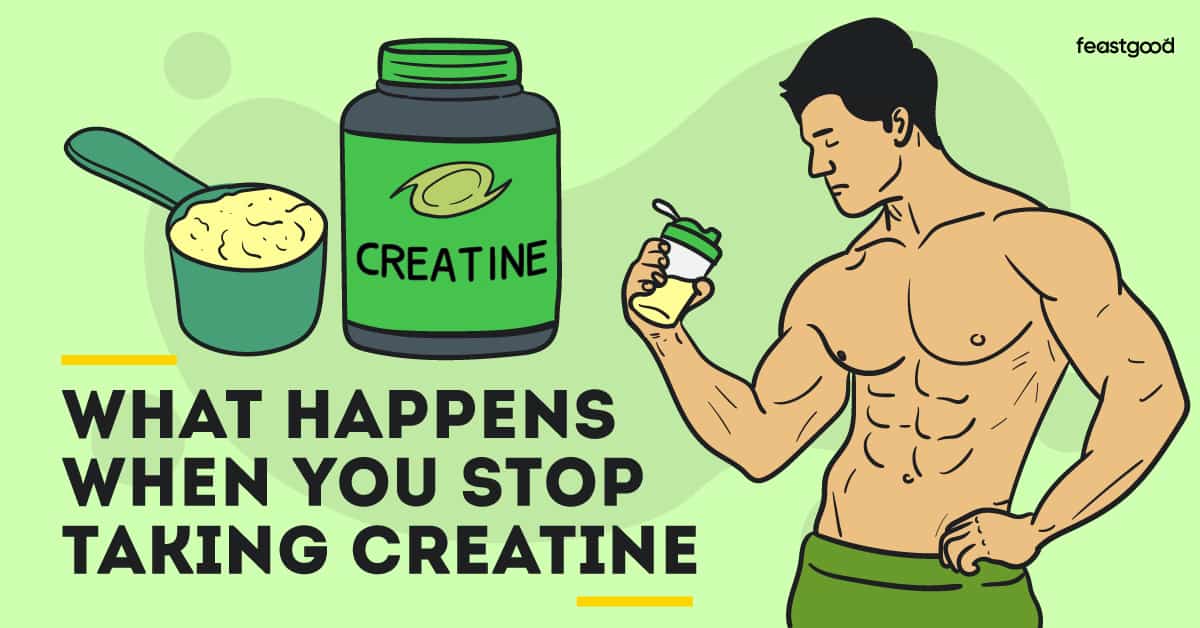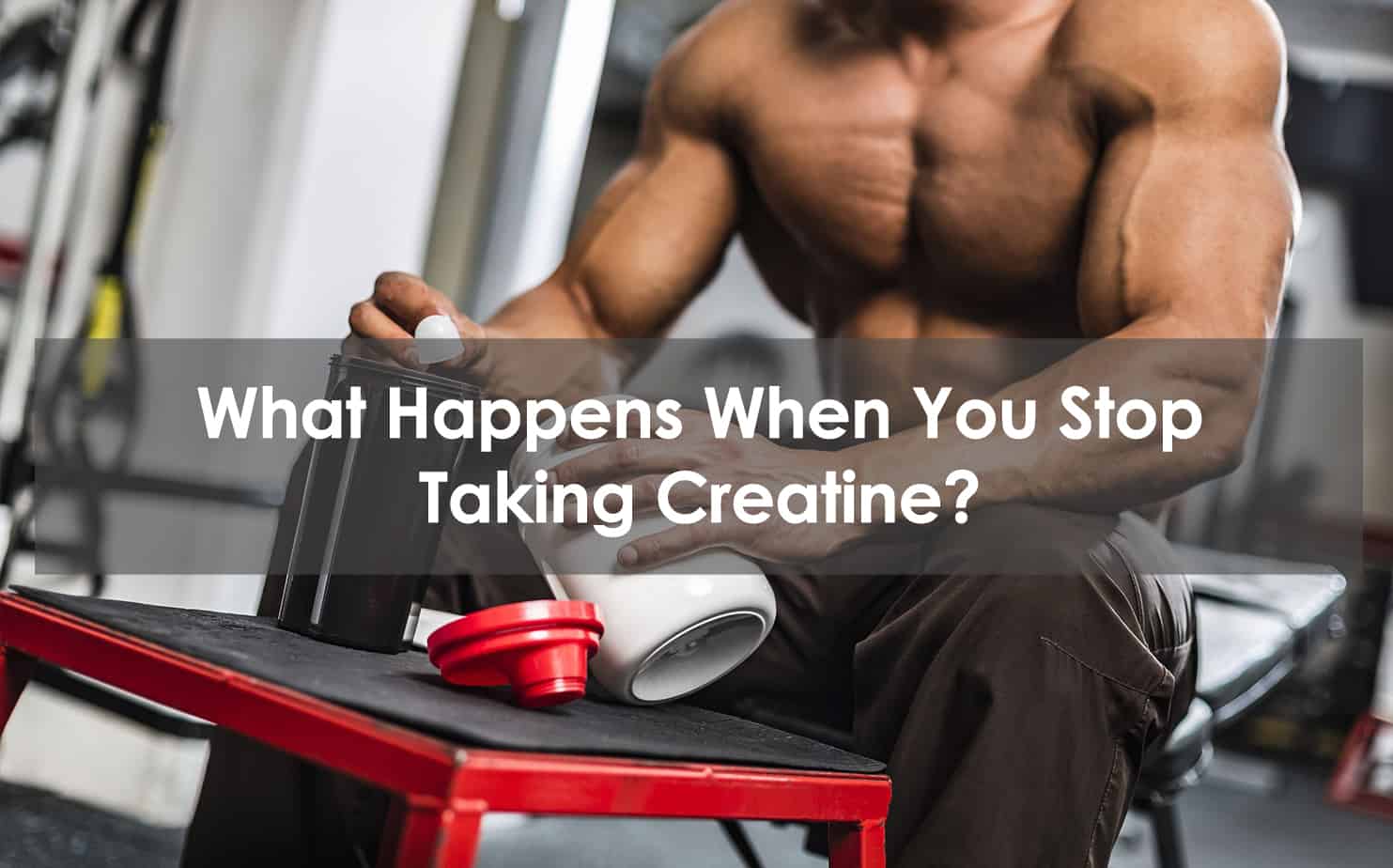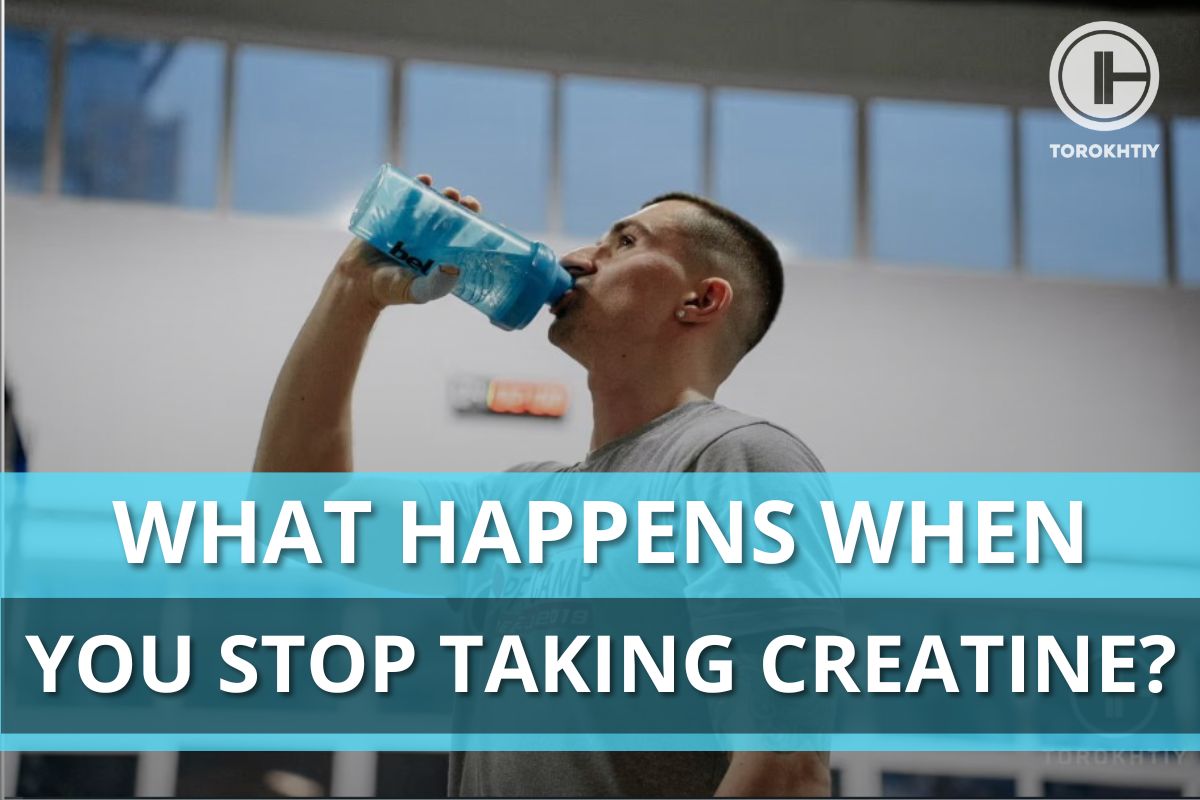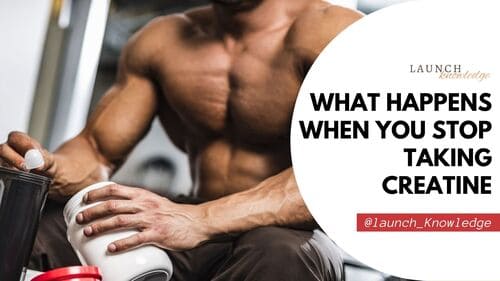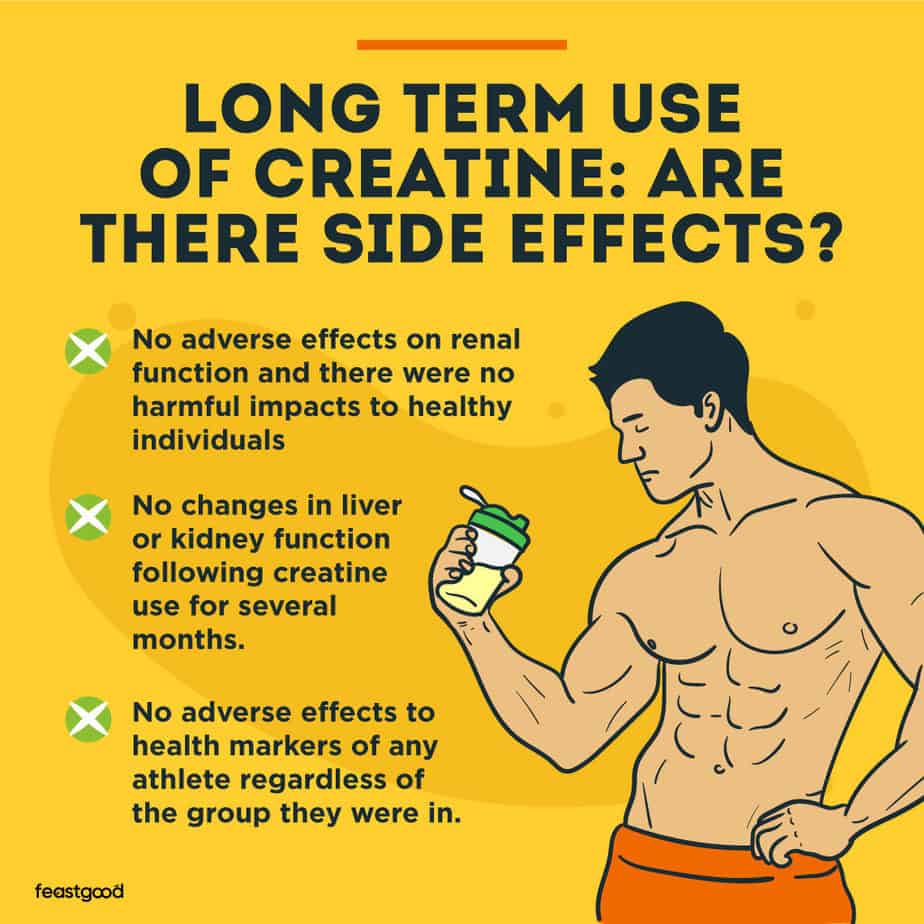If I Stop Taking Creatine Will I Lose Muscle

For athletes and fitness enthusiasts, the pursuit of muscle gain is often a relentless journey. Supplements play a significant role, and among them, creatine stands out as one of the most researched and widely used. But a looming question often shadows its benefits: if I stop taking creatine, will I lose muscle?
This article delves into the science behind creatine, exploring its mechanism of action, its effects on muscle mass, and what happens when supplementation ceases. Understanding these aspects is crucial for anyone considering creatine as part of their fitness regimen or contemplating discontinuing its use. We will explore the potential effects on muscle size, strength, and overall performance, separating fact from fiction using credible research and expert opinions.
Understanding Creatine's Role in Muscle Growth
Creatine is a naturally occurring compound found in muscle cells. It plays a crucial role in energy production, particularly during high-intensity activities like weightlifting and sprinting. Supplementing with creatine increases the amount of creatine stored in your muscles.
This increased storage leads to enhanced ATP (adenosine triphosphate) regeneration. ATP is the primary energy currency of the cell. More readily available ATP allows for greater power output and reduced fatigue during exercise.
This ultimately contributes to muscle growth by allowing you to lift heavier weights and perform more repetitions. Creatine also promotes water retention within muscle cells, leading to an increase in cell volume.
The "Pump" and Its Significance
This water retention contributes to the "pump" experienced during and after workouts. While this "pump" is temporary, some studies suggest that cell swelling can stimulate protein synthesis. This increased protein synthesis can potentially lead to long-term muscle growth.
However, it is important to differentiate between water weight and actual muscle tissue. While creatine contributes to both, the former is more readily lost upon cessation of supplementation.
Therefore, understanding the specific contribution of creatine to each is vital for interpreting the effects of stopping its use.
What Happens When You Stop Taking Creatine?
The most immediate and noticeable effect of stopping creatine supplementation is a decrease in muscle water content. This leads to a reduction in muscle size, often perceived as muscle loss.
However, it is crucial to remember that this is primarily water weight, not actual muscle tissue. The actual lean muscle mass gained while on creatine remains, provided you continue to train effectively and maintain a proper diet.
Strength levels may also decrease slightly upon cessation. This is due to the reduced availability of creatine for ATP regeneration during high-intensity exercise.
The Strength Plateau
You might find that you are no longer able to lift quite as heavy or perform as many repetitions. This does not necessarily mean you are losing muscle, but rather that your muscles are not able to generate force as efficiently without the extra creatine.
Research consistently shows that creatine enhances strength and power output. Discontinuing its use will naturally revert these benefits to baseline levels.
However, the long-term strength gains achieved through consistent training while on creatine will likely be maintained to some extent.
Will You Actually Lose Muscle Mass?
The fear of losing hard-earned muscle is a common concern. However, stopping creatine supplementation does not directly cause muscle breakdown. Muscle atrophy occurs due to a negative protein balance, inadequate training stimulus, or prolonged inactivity.
If you continue to train with intensity and consume enough protein, your muscle mass will likely remain stable. The initial decrease in muscle size is primarily due to water loss.
Think of creatine as a performance enhancer rather than a muscle-building drug. Its primary benefit is to improve your workout performance, which then contributes to muscle growth indirectly.
Maintaining Gains After Stopping Creatine
To maintain your muscle gains after stopping creatine, prioritize consistent resistance training. Ensure you are lifting weights with enough intensity and volume to challenge your muscles.
Pay close attention to your diet and ensure you are consuming enough protein to support muscle protein synthesis. Aim for at least 0.8 grams of protein per pound of body weight per day.
Adequate sleep and stress management are also crucial for muscle recovery and growth. Prioritize these aspects of your lifestyle to minimize muscle loss.
Alternative Perspectives and Considerations
While the scientific consensus suggests that you won't lose significant muscle mass, individual experiences may vary. Some individuals may experience a more pronounced decrease in strength and performance than others.
This can be due to factors such as genetics, training experience, and individual response to creatine. It is essential to monitor your own body and adjust your training and nutrition accordingly.
There are also different types of creatine, such as creatine monohydrate and creatine hydrochloride (HCL). Their effects on water retention and muscle growth may vary slightly.
The Role of Individual Variation
Some individuals might retain more water on creatine monohydrate, leading to a more noticeable decrease in muscle size when they stop taking it. Creatine HCL, on the other hand, is often marketed as requiring a smaller dose and causing less water retention.
Ultimately, the best approach is to experiment and find what works best for your body. Consult with a qualified healthcare professional or registered dietitian to personalize your supplementation and training strategy.
They can provide tailored advice based on your individual needs and goals.
Looking Ahead: Long-Term Strategies
The decision to continue or discontinue creatine supplementation is a personal one. Consider your goals, your budget, and your individual response to the supplement. Cycling creatine – taking it for a period of time, then stopping for a period of time – is a common practice.
While there is no scientific evidence to suggest that cycling is necessary, some individuals find it beneficial for maintaining sensitivity to creatine. Others choose to take creatine continuously for its long-term benefits.
Regardless of your decision, remember that consistent training and proper nutrition are the cornerstones of muscle growth and maintenance. Creatine is a tool that can enhance your efforts, but it is not a magic bullet.
Ultimately, you can maintain your muscle, but you need to work for it.


